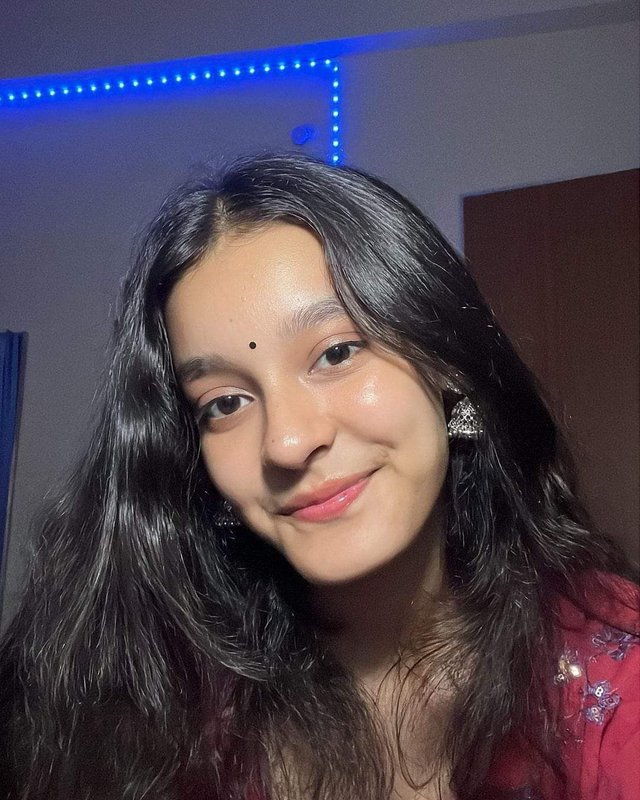Is the Subhashree Sahu MMS incident a violation of privacy or just another viral sensation? In today's digital age, the line between fame and infamy can be razor-thin. The internet has become a double-edged sword for many individuals, especially those in the public eye. When private content is leaked without consent, it not only invades personal privacy but also raises critical questions about ethical boundaries and legal protections. This particular incident involving Subhashree Sahu highlights the darker side of social media and its potential to harm innocent lives.
The Subhashree Sahu MMS controversy began when a private video was inadvertently shared on various online platforms. Initially, the content spread rapidly across social media sites like Twitter and Telegram, drawing significant attention from users worldwide. The incident quickly escalated into a global discussion about privacy rights and the misuse of technology. As the video continued to circulate, it sparked outrage among netizens who demanded accountability from those responsible for the leak. While some viewed the incident as merely sensational content, others recognized it as a serious breach of trust and an invasion of personal space.
| Bio Data | Details |
|---|---|
| Name | Subhashree Sahu |
| Date of Birth | Not Publicly Available |
| Place of Birth | India |
| Profession | Actress, Lawyer |
| Social Media Presence |
Instagram: @subhashree.rayaguru Twitter: @subhashree.rayaguru |
| Career Highlights | Femina Miss India Winner, Featured in Sony Music South projects |
| Reference Website | Filmibeat |
As the story unfolded, details emerged that painted a more nuanced picture of the situation. Subhashree Sahu, known for her work in the entertainment industry, found herself at the center of a storm she had not anticipated. Her career as both an actress and lawyer added layers to the narrative, making her case even more complex. Social media platforms played a pivotal role in amplifying the issue, with hashtags trending globally within hours of the initial leak. Users debated whether sharing such content constituted support for unethical behavior or if it was simply a reflection of human curiosity.
In response to the widespread dissemination of the video, legal actions were initiated against those involved in distributing the unauthorized material. Authorities emphasized the importance of respecting individual privacy and warned against engaging in activities that could lead to criminal charges. Meanwhile, public figures and organizations joined forces to advocate for stricter regulations governing data protection and cybercrime prevention. The incident served as a wake-up call for many regarding the need for greater awareness and vigilance in safeguarding personal information online.
Despite efforts to curb the spread of the leaked content, copies continued to surface on different websites and forums. This persistence underscored the challenges faced by victims of similar incidents in reclaiming control over their narratives. For Subhashree Sahu, the experience likely brought immense stress and emotional turmoil, forcing her to confront issues no one should have to face due to someone else's negligence or malicious intent. It also prompted discussions about the responsibilities of digital citizens in maintaining integrity while navigating cyberspace.
Furthermore, the incident highlighted disparities in how society treats women versus men when sensitive materials are exposed publicly. Many observers noted that female celebrities often bear disproportionate scrutiny and criticism compared to their male counterparts under comparable circumstances. Such biases exacerbate existing gender inequalities and hinder progress toward equitable treatment in all aspects of life. Addressing these imbalances requires collective action from lawmakers, educators, influencers, and everyday people committed to fostering respectful interactions both offline and online.
Ultimately, the Subhashree Sahu MMS scandal serves as a stark reminder of the power—and peril—of modern communication technologies. While they offer unprecedented opportunities for connection and expression, they also carry risks that must be acknowledged and mitigated through education, legislation, and cultural shifts. By learning from cases like this one, we can strive toward creating safer spaces where everyone feels empowered to share their stories without fear of exploitation or judgment.
Meanwhile, other notable personalities with similar names include Subhashree Ganguly, whose Instagram following exceeds three million subscribers, showcasing her popularity and influence in her respective field. Though unrelated to the aforementioned controversy, her presence in the digital realm adds another layer to the conversation around celebrity culture and its intersection with privacy concerns. Similarly, Subhashree Mishra, co-founder and talent acquisition lead specializing in human resources management, contributes valuable insights into remote work practices and employee wellness strategies—an entirely separate yet equally important topic worth exploring further.
In conclusion, while specific details surrounding the Subhashree Sahu MMS incident may vary depending on sources consulted, certain truths remain universal: respect for personal boundaries matters; protecting vulnerable populations from harm necessitates proactive measures; and promoting healthy discourse about technology use benefits us all. Moving forward, let us commit ourselves to upholding principles of decency and empathy as we engage with one another across diverse platforms.



